Did you know that Singapore, a well-kept, modern and sophisticated city-state, also has special laws? Singapore's legal system contains several unexpected provisions, including: restrictions on how often you can flush the toilet and regulations on chewing gum.
This article examines the ten most important laws in Singapore. Strange laws you probably didn't know existed. Some of them may leave you perplexed, while you may wonder why the authorities have chosen to ignore others. So, without further ado, let's explore these strange laws of Singapore.
1. Chewing gum is illegal in Singapore

With the exception of therapeutic chewing gum, which has been approved by the Health Sciences Authority, chewing gum is banned in Singapore. The ban was imposed in 1992 to keep the city clean, as chewing gum often got stuck on sidewalks and public furniture. The sale and import of chewing gum has been banned in Singapore since 1992.
You are not allowed to bring chewing gum into Singapore, even for personal use. Violations can be punished with a fine or even imprisonment. The sale and advertising of chewing gum is banned in Singapore under the Food Sales (Bubble Gum Ban) Regulations, which imposes a maximum fine of $2,000 for violations. However, these regulations only apply to certain types of chewing gum, and items classified as "chewing gum" are exempt.
2. Durian is not allowed on public transport

Singapore bans the presence of durian, a spicy and pungent fruit common in Southeast Asia, on public transport. Due to the fruit's pungent odor, this law was enforced. Other passengers may find the smell unbearable. Durian fruit is known for its strong odor. The law was passed to prevent the unbearable stench from disturbing other travellers.
3. It is illegal to walk around naked
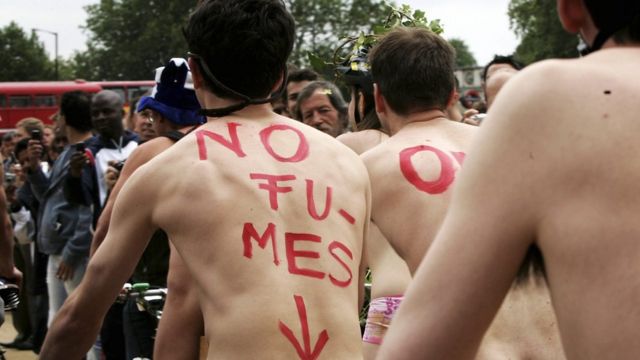
Walking naked within your own four walls is illegal. This is because it is considered a form of public immorality. Violations can be punished with a fine or even imprisonment. It is forbidden to expose yourself to the public on balconies or windows. If neighbors or passers-by can see you, it is forbidden to be naked within your four walls.
4. You cannot connect to Wi-Fi without permission
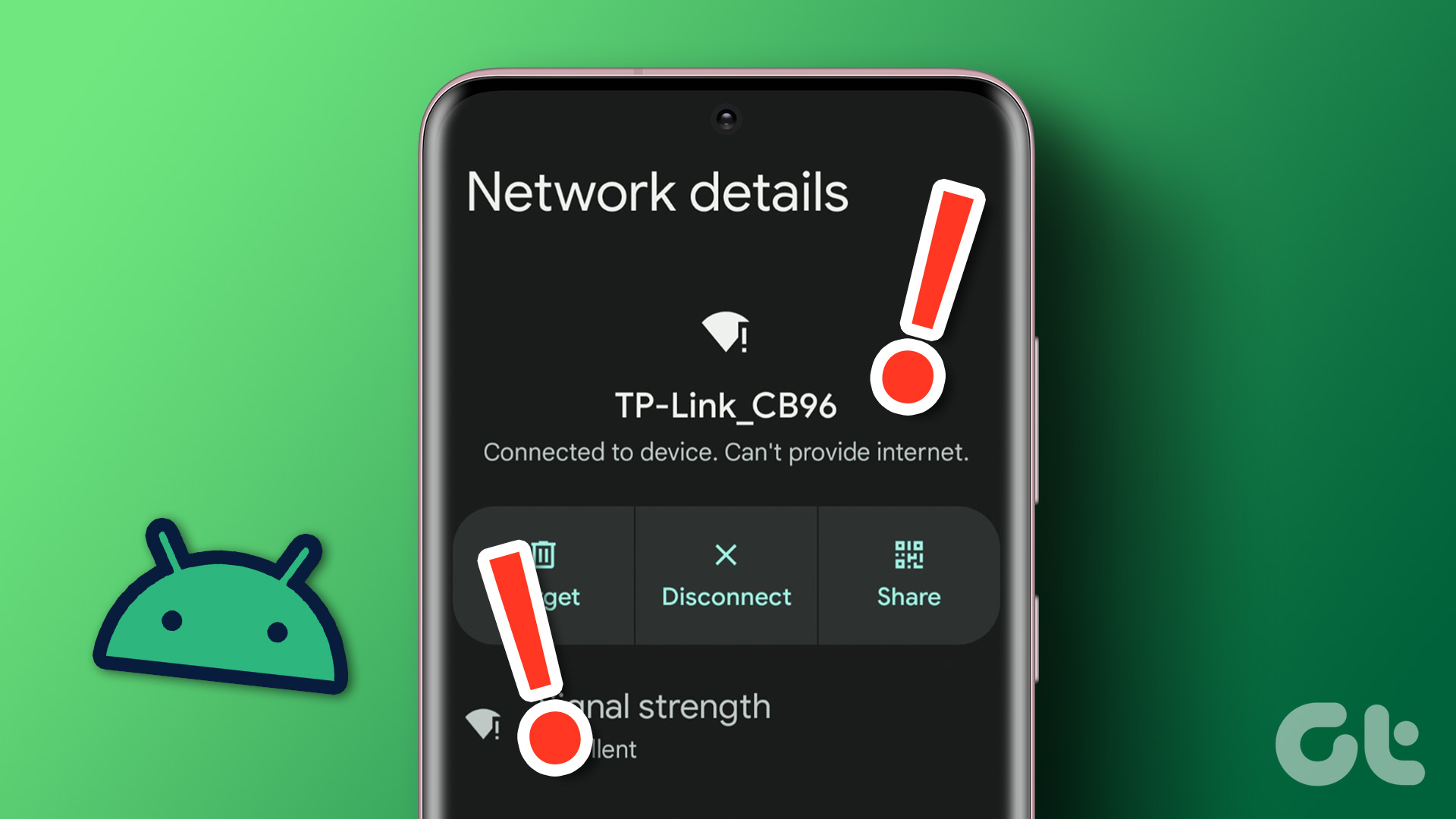
Unauthorized use of someone else's Wi-Fi network is not allowed in Singapore. Attempting to do the same will result in a fine or imprisonment. It is important for business travelers to Singapore to be aware of these regulations.
Section 6(1)(a) of the Computer Misuse Act 1993 describes this law. He points out that offenders can be punished with a fine and a prison sentence of more than two years. In the event of a second conviction, the fine and maximum sentence increase.
5. It is illegal to sing offensive songs
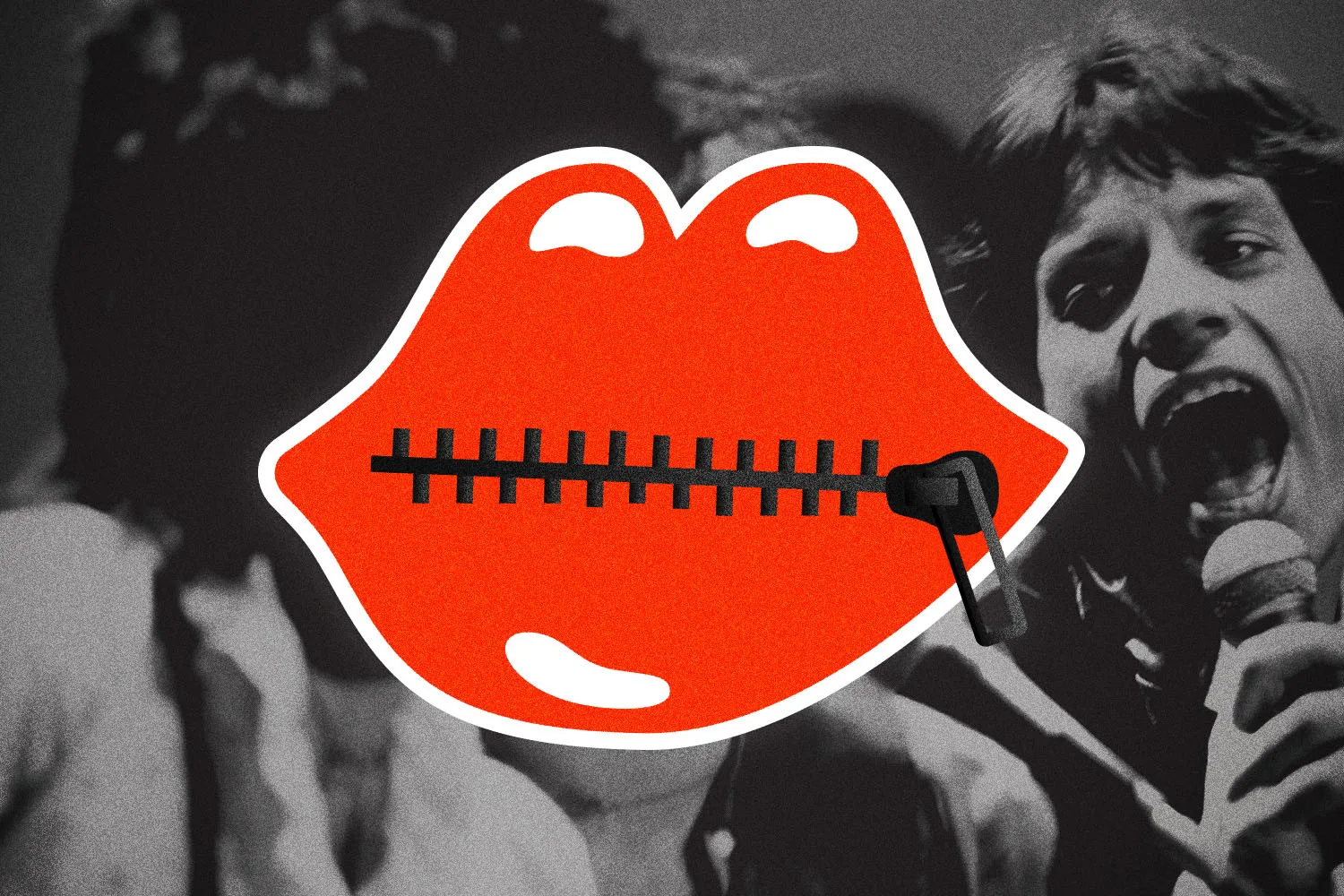
It is illegal to sing songs with inappropriate lyrics or content in public. Songs that do not consider race or religion fall into this category. Singapore's Penal Code outlines this law. It bans the use of “any obscene language in or near public places.” This may be punishable by a three-month prison sentence and/or a fine. Before you leave for Singapore, remember to memorize clean versions of all your favorite songs.
6. It is illegal not to flush in public toilets
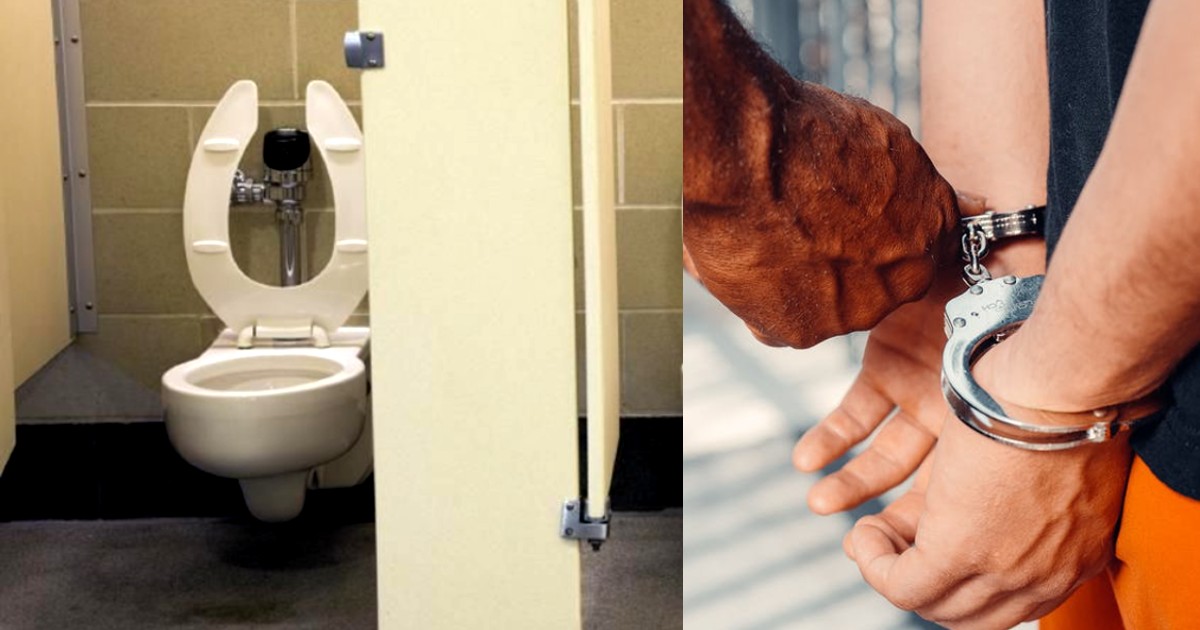
Failure to flush after use will result in a fine. The government attaches great importance to sanitation and hygiene. Lee Kuan Yew, Singapore's first and perhaps most popular Prime Minister, is responsible for keeping the toilets incredibly clean. Lee came to power in 1959 until he decided to step down in 1990. He was president of Singapore for 31 years.
7. After a certain period of time it becomes illegal to consume alcohol
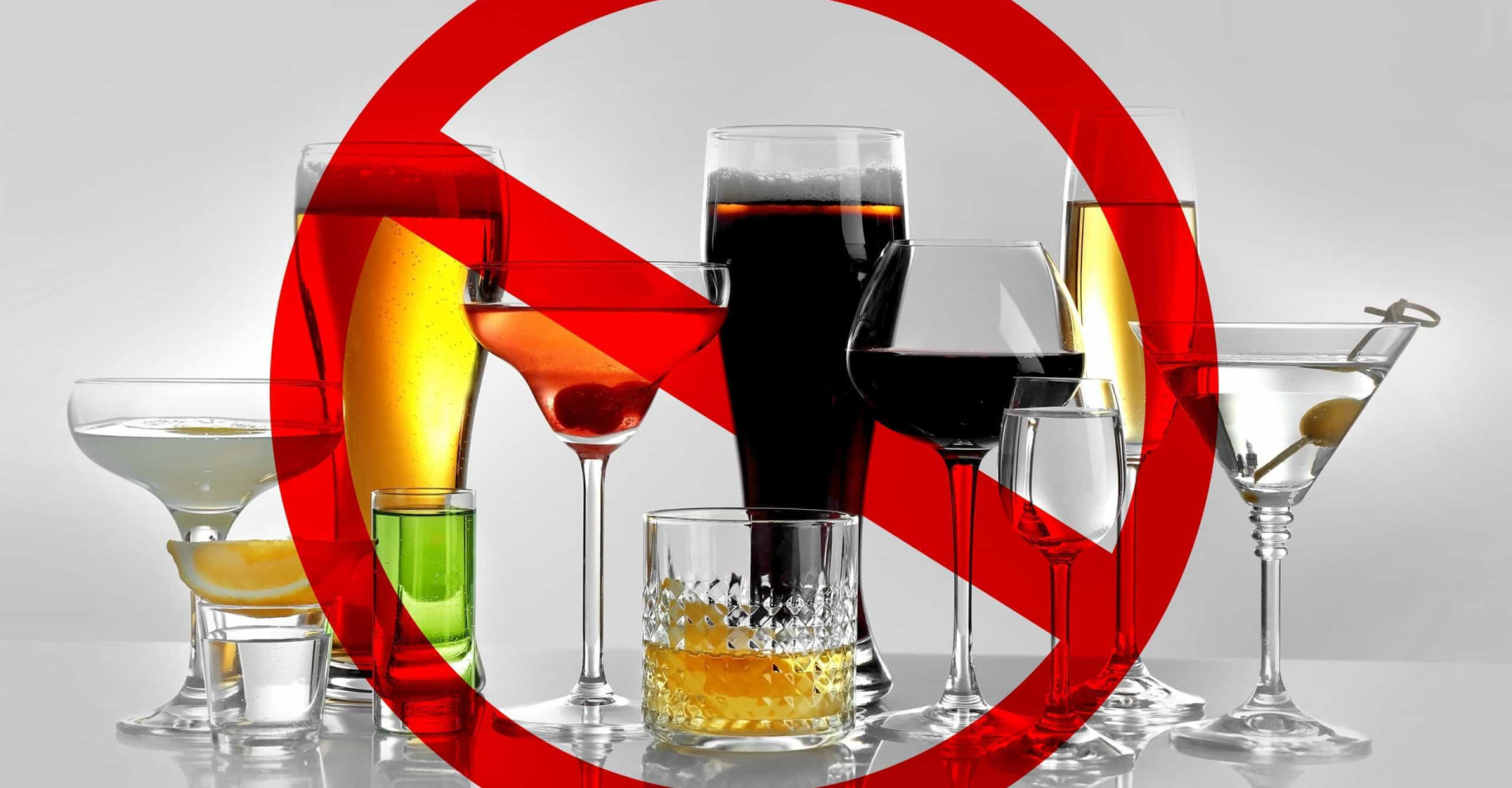
The sale and consumption of alcohol is prohibited in all public places, including bars and restaurants, during "non-public consumption periods" under the Alcohol Act. Control Act. . Alcohol (supply and consumption). ) Law 2015. In most places it is from 10.30pm. 7 in the morning. If you are in an alcohol control zone, this can change significantly. Violations of this rule may result in heavy fines and/or imprisonment.
8. Avoid Jaywalking in Singapore
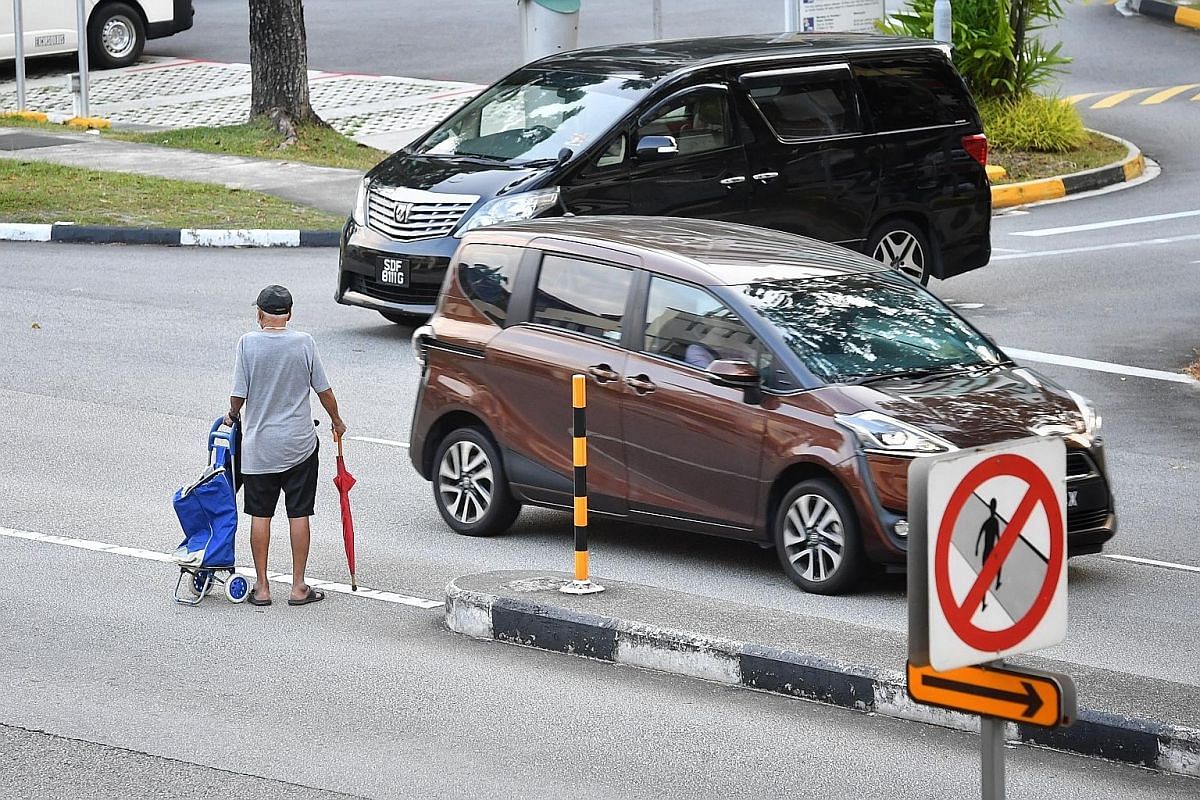
In Singapore, it is illegal to cross the road outside designated areas (Jaywalking). Violations can be punished with a fine or even imprisonment. To ensure pedestrian safety, Singapore has implemented strict regulations. Penalties for recklessness include fines and prison time.
9. It is illegal to feed pigeons
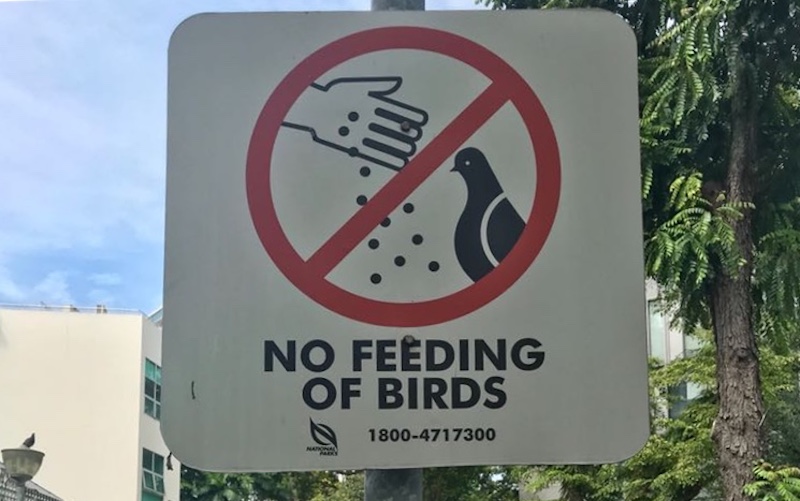
In Singapore, it is not advisable to feed pigeons in public places. This is due to potential health risks and overpopulation of birds. The government considers pigeons a nuisance and a health hazard. Anyone caught violating this rule will be found guilty of an offense and fined. During your next lunch break, you will need to keep the sandwich dough for yourself.
10. Graffiti is not allowed in Singapore

Vandalism in Singapore carries the risk of arrest and beatings. After an American teenager was whipped for damaging cars and public property, Singapore's anti-vandalism laws first shocked the media in 1994. Such works of art are considered vandalism only if done without permission.
Although some of these regulations may seem absurd or outdated, they are necessary to maintain Singapore's conservation reputation. Although they may seem strange, these rules are respected by the government. Therefore, tourists visiting Singapore should know about them to avoid problems. These rules serve as a final reminder that each nation has its own laws and customs.

